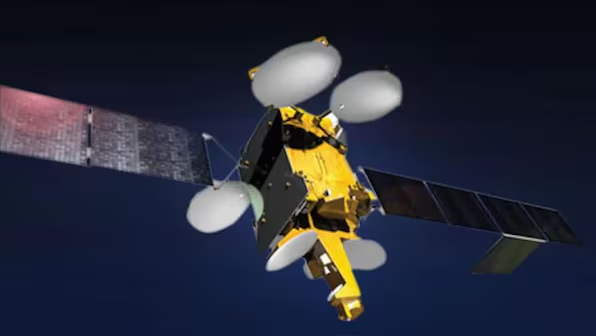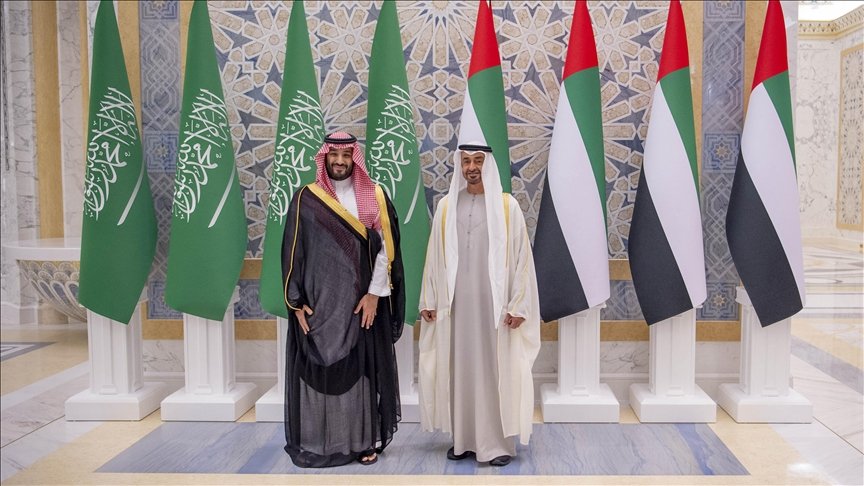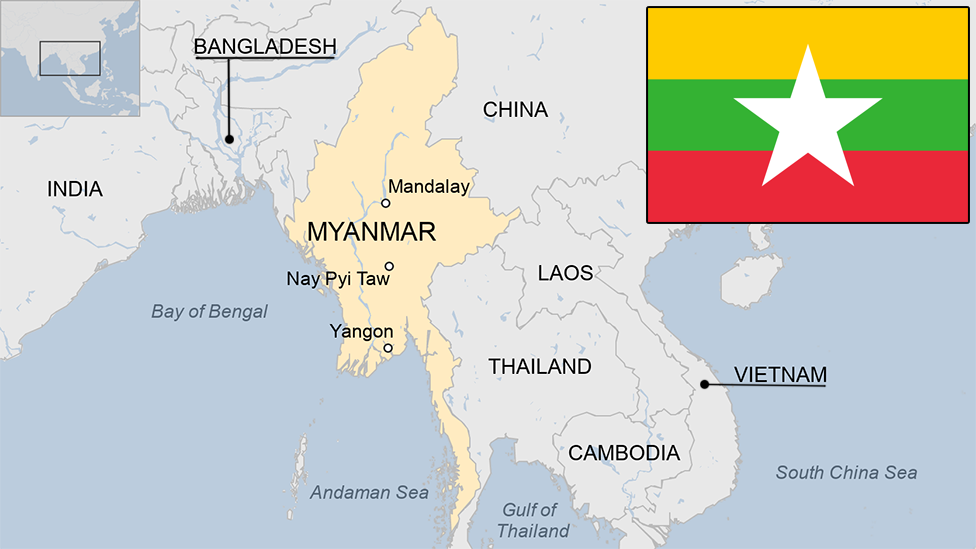Pakistan, in a remarkable display of technological prowess, has successfully launched a multi-mission communication satellite with the invaluable assistance of its all-weather friend, China. The satellite, aptly named PAKSAT MM1, was propelled into orbit from the Xichang Satellite Launch Center in China’s Sichuan province. This cutting-edge satellite, a cornerstone of Pakistan’s National Space Programme 2047, is poised to revolutionize internet connectivity across the country, promising faster and more reliable services.
According to China’s state-run Xinhua news agency, the PAKSAT MM1 satellite has successfully reached its intended orbit, marking a significant milestone in Pakistan’s space exploration endeavours. This state-of-the-art satellite, a product of the collaborative effort between Pakistan’s Space and Upper Atmosphere Research Commission (Suparco) and the Chinese aerospace industry, is set to revolutionize internet connectivity in the country. The satellite’s advanced services, including enhanced broadband, mobile, and television programming, are expected to commence in August, promising a brighter future for the nation.
Prime Minister Shehbaz Sharif, a strong advocate for Pakistan’s space program, congratulated the nation on the successful launch and expressed optimism about the satellite’s potential to contribute to providing the fastest internet service in the country. The collaborative effort between Pakistan’s Space and Upper Atmosphere Research Commission (Suparco) and the Chinese aerospace industry, led by [specific individuals], has been pivotal in the development and launch of the PAKSAT MM1 satellite.
Planning Minister Ahsan Iqbal, who attended the launch, expressed confidence in Pakistan’s future space missions, stating that the country would soon launch satellites from its own launching pads. This signifies Pakistan’s growing capability and commitment to space exploration.
This recent achievement follows Pakistan’s successful launch of the mini-satellite ‘iCube-Qamar’ as part of China’s Chang’e-6 lunar mission. With at least six assets in space, including BADR-A, BADR-B, PAKSAT 1-R, PRSS-1, PakTes 1-A, and iCube Qamar, Pakistan continues to make significant strides in space technology.
The successful launch of the PAKSAT MM1 satellite not only signifies Pakistan’s growing capability and commitment to space exploration but also highlights the power of international collaboration. This significant step forward for Pakistan’s space program is a testament to the fruitful partnership between Pakistan and China in the field of space exploration, promising a future of shared achievements and advancements.














